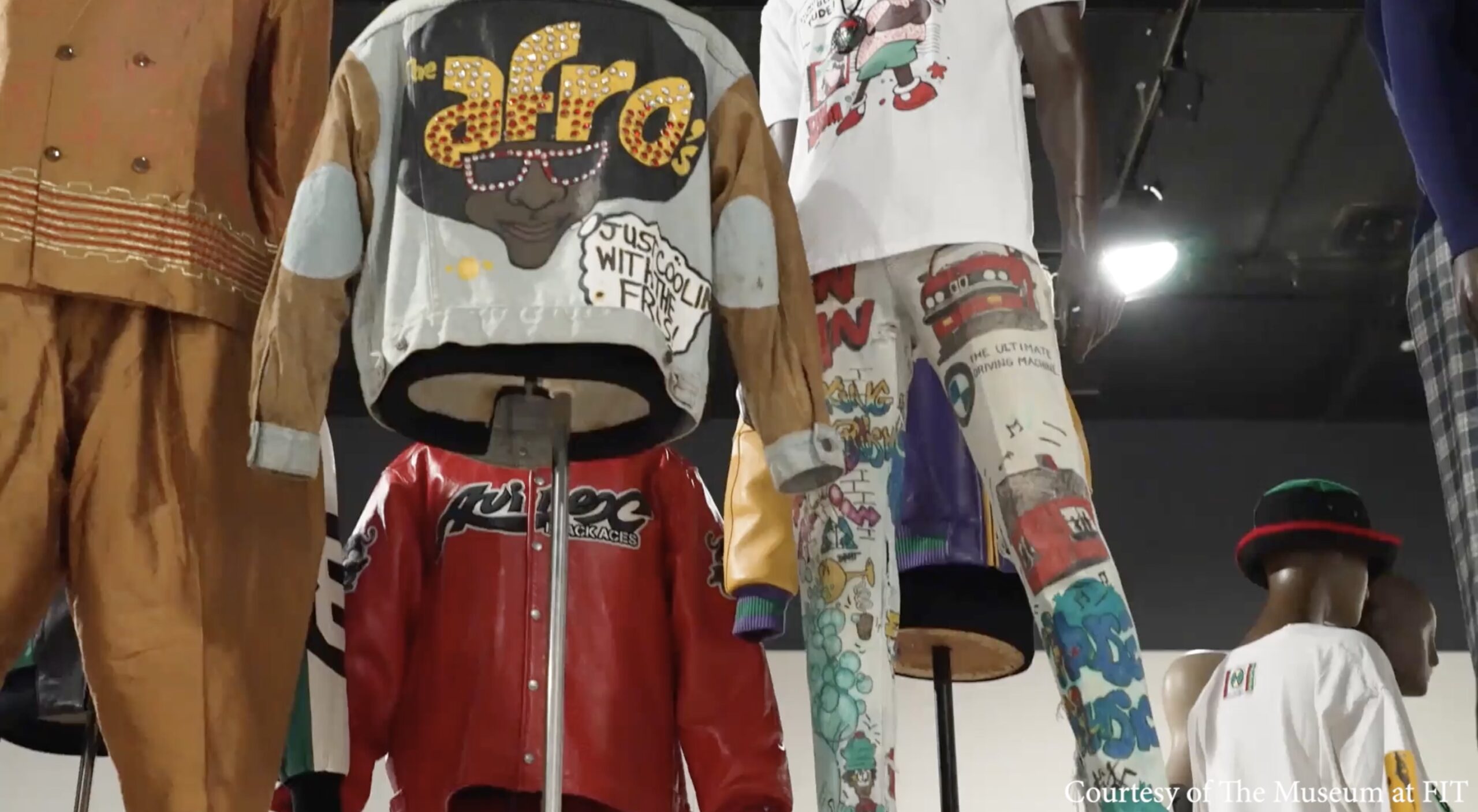
In Nogales, Mexico, the border wall is decorated with art and spray painted messages. This says, 'Walls are scars on the earth.' Photo by Rachel Morgan
Nogales, Mexico — Jose Estrada* was deported to Mexico five days ago. In three days, he plans to cross the border again.
“When they pick(ed) me up, they asked me, ‘Why you keep trying to cross?’ ” he said of the Border Patrol agents who caught him. “And I tell them, ‘I’m hungry; I’m hungry.’ ”
But Estrada hasn’t always been hungry. Prior to his deportation, he lived in the United States for nearly 20 years.
Although he wasn’t a legal citizen, Estrada had a house, a truck and several jobs. He worked in Kansas on a cattle farm, and most recently in Phoenix, where he made $12.50 an hour working in the fields, laying concrete and landscaping.
Six months ago, Estrada was driving his truck in Phoenix when he was stopped by a police officer.
“This is the problem that (every) Mexican has,” he said. “I don’t know why they stop Mexicans for the brown skin. Why? I don’t understand.”
Estrada is a small man. He wears jeans, a T-shirt, and carries a jacket and plastic bag. On his head sits a baseball cap with one word: “Arizona.” Estrada wears it proudly, like a badge of honor.
He has a playful demeanor and often laughs, flashing his silver-capped teeth.

After they are picked up at the border trying to illegally cross into the United States, many immigrants are brought back to Nogales, Mexico, where they take buses home or attempt to cross again. Photo by Rachel Morgan
Now, he sits in a bus terminal in Mexico. About 50 others, mostly young men, sit on a large, shaded slab of concrete in old rows of upholstered seats that were ripped from buses. They all carry jackets — practical garb for those who attempt to navigate the harsh desert and cross the border under the cover of night.
None of these men have been successful in their journeys. They have all been deported and are awaiting buses that will take them back to their hometowns in Mexico.
Aid workers say they often see the same people again and again at the bus terminal after failed attempts to cross the border.
“I always say, ‘It’s nice to know you’re safe, but not under these circumstances,’ ” said Hannah Hafter, a volunteer for No More Deaths, an aid organization for illegal immigrants.
Many deported immigrants will return to their hometowns via this terminal. Estrada, however, doesn’t plan to go back. He needs to get back into the U.S. to support his family.
Estrada is separated from his wife and has five children — four daughters and a son. Along with his parents, they live in Sinaloa, Mexico, in the northwest part of the country.
“I need to make money because (my children) are in school, and I need to make money to pay for their computers,” he said. “I need to make money for my kids, my mother, father — to pay for birthday parties, Christmas, piñatas.”
Estrada’s strategy for crossing the border is rather unique: He rides a bicycle in the pitch black desert night, darting off the side of the road when he sees headlights.
“It’s so dark, and I wear dark clothes so they no see me,” he said. He declines to name which roads he frequents, so the Border Patrol doesn’t “look out” for him.
He said he’s tried to get papers to cross back into the country legally.
“I need papers, but they won’t give me papers,” he said.
But with his track record of being caught crossing the border illegally, obtaining legal papers may be difficult.
While Estrada is unsure of a solution for his problem, he does have a backup plan.
“I need to find an American girl to marry me on the other side,” he said with a mischievous grin.
*Names have been changed.


Comments
Very compelling story. My heart goes out to Estrada. We need to “fix” this problem so that there is a more humane way of dealing with people who are trying to survive. Great job, Rach.
Jose needs to join his family in Mexico. He may think it’s fun and games dodging the police but when his luck runs out and he’s in prison he will be sorry.
Who will help him then!?